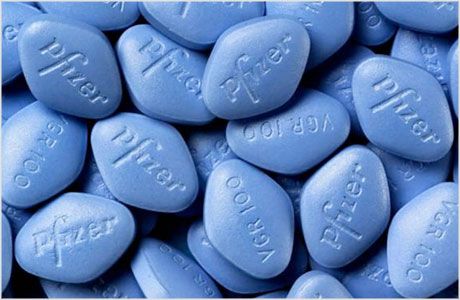Supreme Court of Canada has selected a patent for Viagra from Pfizer
Last reviewed: 16.10.2021

All iLive content is medically reviewed or fact checked to ensure as much factual accuracy as possible.
We have strict sourcing guidelines and only link to reputable media sites, academic research institutions and, whenever possible, medically peer reviewed studies. Note that the numbers in parentheses ([1], [2], etc.) are clickable links to these studies.
If you feel that any of our content is inaccurate, out-of-date, or otherwise questionable, please select it and press Ctrl + Enter.
From now on, the American pharmaceutical giant Pfizer will have to compete with other companies in the production of the famous potency remedy in Canada.
Israeli pharmaceutical company Teva Pharmaceutical Industries Ltd won a court case against Pfizer, seeking the cancellation of its monopoly patent. Lawyers of the Israeli company managed to prove that the patented drug is described in the document is not accurate enough, which contradicts the legislation of Canada.
The collegium of seven judges unanimously decided to recognize the patent of Pfizer on Viagra as invalid.
"Pfizer benefited from patent exclusive exclusive rights, but the information required by law in the patent was not disclosed," one of the judges explained.
"Legislation does not allow such" games "with patents, because this patent is declared invalid."
Previously, Pfizer successfully defended its patents from Teva in the United States, Spain, Norway and New Zealand, but with the Canadian law the company was in vain.
"Soon Viagra Pfizer in Canada will have to compete with non-patented drugs. The company is disappointed by the decision of the court, "- commented the losing side.

Pfizer patented Viagra in 1998, and this patent covered 260 quintillions of various chemical compounds. But only one of the compounds - sildenafil - is active, and it is about it in the patent that information is not enough.
"Pfizer had the necessary information about the active ingredient of the drug, but decided not to disclose it," explains the court ruling.
"Even if Pfizer at the time of the patent application was aware that the active compound is sildenafil, it chose a way of describing the drug that does not accurately determine that this drug is indeed a new invention."
Teva managed to prove the validity of its suit in the Supreme Court of Canada, while the two previous instances of the Canadian judiciary were on the side of Pfizer.
